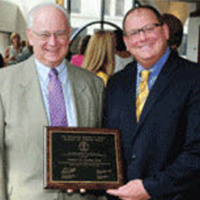Spring Brook Felony Lawyer, New York
Sponsored Law Firm
-
 x
x

Click For More Info:
-
Cohen & Bernstein, L.L.C.
1360 Clifton Ave #309 Clifton, NJ 07012» view mapCriminal Defense We’re In this Together!
We work hand in hand with our clients to ensure all of your questions are answered and progress through your legal issue is seamless.
800-978-7341
Not enough matches for Spring Brook Felony lawyer.
Below are all Spring Brook Criminal lawyers.
Dominic Paul Candino
✓ VERIFIEDCriminal, DUI-DWI, Felony, Accident & Injury, Personal Injury
Personal injury and criminal law is a complex collection of ever-changing legislation and case law. Many of those injured by a third party's negligen... (more)
FREE CONSULTATION
CONTACTDavid W Polak
Criminal, Personal Injury, Car Accident, Animal Bite
Status: In Good Standing Licensed: 23 Years
Jeffrey Steven Krajewski
Traffic, Motor Vehicle, Criminal, Accident & Injury
Status: In Good Standing Licensed: 36 Years
 Lindsay Bernstein Clifton, NJ
Lindsay Bernstein Clifton, NJ Practice AreasExpertise
Practice AreasExpertise

